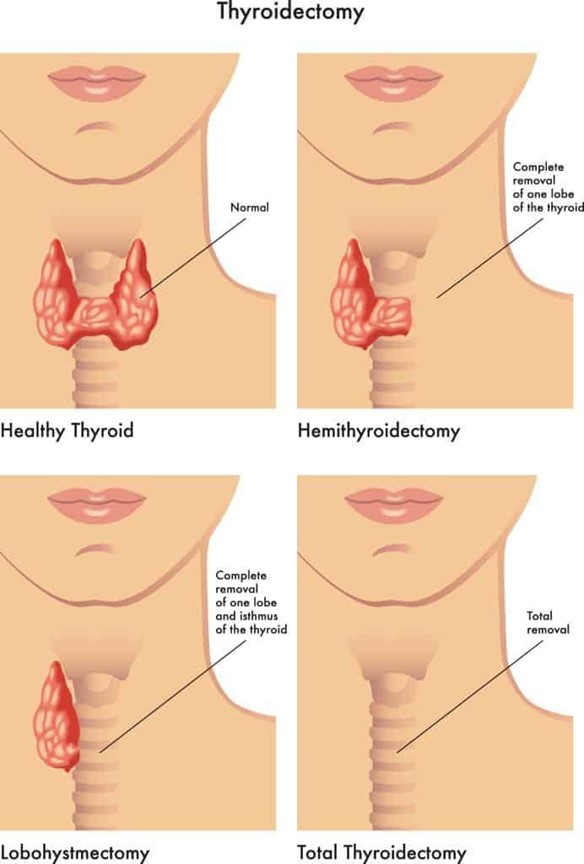Which of the following would be the most appropriate nursing diagnosis for a client admitted with Addison's disease?
Impaired skin integrity
Fluid volume overload
Imbalanced nutrition: more than body requirements
Risk for injury
The Correct Answer is D
Choice A Reason: Impaired skin integrity is not the most appropriate nursing diagnosis for a client with Addison's disease, as it does not reflect the main problem of adrenal insufficiency and cortisol deficiency.
Choice B Reason: Fluid volume overload is not the most appropriate nursing diagnosis for a client with Addison's disease, as it does not reflect the main problem of adrenal insufficiency and aldosterone deficiency.
Choice C Reason: Imbalanced nutrition: more than body requirements is not the most appropriate nursing diagnosis for a client with Addison's disease, as it does not reflect the main problem of adrenal insufficiency and weight loss.
Choice D Reason: Risk for injury is the most appropriate nursing diagnosis for a client with Addison's disease, as it reflects the main problem of adrenal insufficiency and hypotension, which can cause falls, fainting, or shock.

Nursing Test Bank
Naxlex Comprehensive Predictor Exams
Related Questions
Correct Answer is B
Explanation
Choice A Reason: Encouraging the client to cough and deep breathe every two hours, with her neck in a flexed position, is not a priority for a client after a total thyroidectomy, as it may increase the risk of bleeding or damage to the surgical site.
Choice B Reason: Maintaining the client in a Fowler's position, with head neutral supported by pillows, is a priority for a client after a total thyroidectomy, as it helps to reduce swelling and edema, prevent airway obstruction, and promote venous drainage.
Choice C Reason: Maintaining the client in a supine position, with sandbags placed on either side of her head and neck, is not a priority for a client after a total thyroidectomy, as it may impair breathing and circulation, increase pressure on the surgical site, and cause neck stiffness.
Choice D Reason: Encouraging the client to turn head side to side, to promote drainage of oral secretions, is not a priority for a client after a total thyroidectomy, as it may cause pain and discomfort, disrupt the sutures or drains, and increase the risk of infection.

Correct Answer is A
Explanation
Choice A Reason: Contacting the health care provider is the first nursing action that the nurse should perform, as it indicates that the client may have compartment syndrome, which is a medical emergency that requires immediate intervention to prevent tissue necrosis and nerve damage.
Choice B Reason: Administering PRN pain medication is not the first nursing action that the nurse should perform, as it may not relieve the pain and may mask the symptoms of compartment syndrome.
Choice C Reason: Documenting the findings is not the first nursing action that the nurse should perform, as it may delay the treatment and worsen the outcome of compartment syndrome.
Choice D Reason: Elevating the extremity is not the first nursing action that the nurse should perform, as it may decrease blood flow and increase tissue ischemia in compartment syndrome.
Whether you are a student looking to ace your exams or a practicing nurse seeking to enhance your expertise , our nursing education contents will empower you with the confidence and competence to make a difference in the lives of patients and become a respected leader in the healthcare field.
Visit Naxlex, invest in your future and unlock endless possibilities with our unparalleled nursing education contents today
Report Wrong Answer on the Current Question
Do you disagree with the answer? If yes, what is your expected answer? Explain.
Kindly be descriptive with the issue you are facing.
